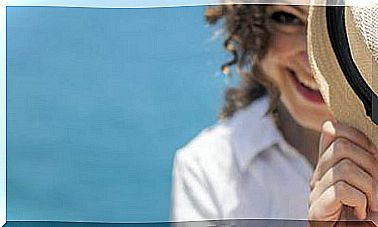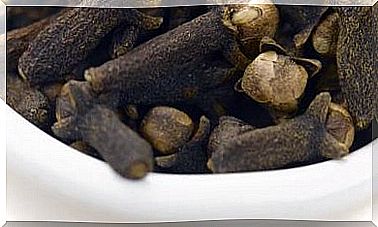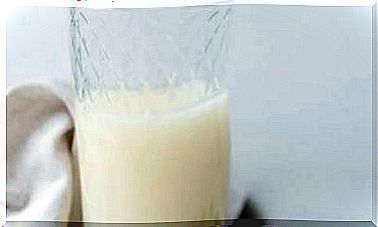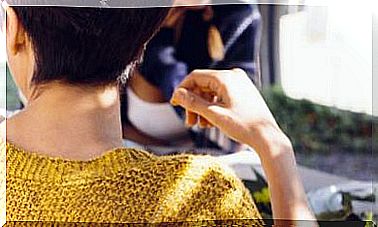“What Sustains Life Is Not Competition, But Balance”
The new biology tells us that viruses and bacteria are not our enemies. In fact, we are a small planet populated by billions of tiny beings organized in ecosystems.
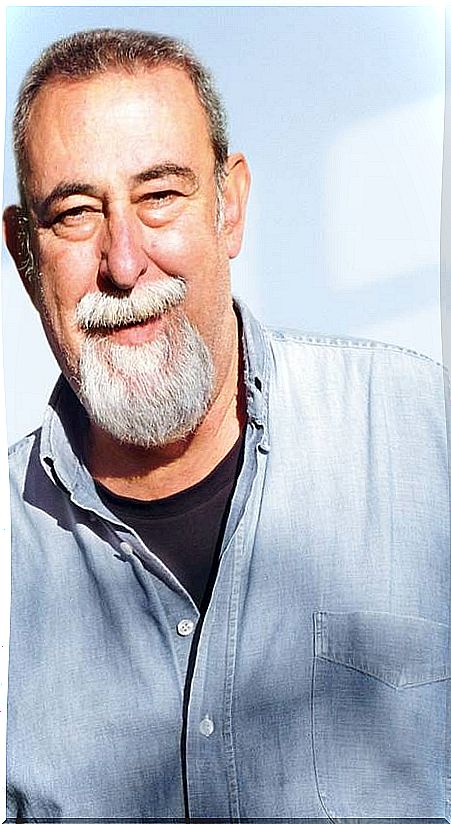
Máximo Sandín is a doctor in bioatropology and a degree in biological sciences. Author, among others, of Mother Earth, Brother Man: Introduction to Human Ecology (ed. De la Torre) and Thinking about evolution, thinking about life (Crimeales).
“A ray of hope”, this is how Máximo Sandín describes the new research in the field of biology, which makes it possible to question Darwinism and offer new light on our condition as living beings. Our species, according to Sandín, is the product of continuous transformations based on viruses and bacteria.
What is the ‘new biology’?
Although it does not exist as an established current, there are scientists who seek a change in the interpretation of evolutionary phenomena. Conventional biology continues to be the Darwinian conception of life, based on cultural and ideological prejudices, such as Thomas Malthus’s “struggle for life” and Herbert Spencer’s “survival of the fittest”, with the supposed contribution of Charles Darwin, “natural selection”.
And continues…
Subsequently, the so-called “modern synthesis” is based on a simplistic and reductionist conception of genetics that new discoveries and study methods are proving false. What maintains and drives life is not competition between living beings, but balance, in which all the components are necessary for its operation, so nature and life are not the product of chance and competition, but of complex processes that can be understood scientifically.
Between the creationism of some and the Darwinism of others, what do you propose?
I have tried first to examine the data, and then to deduce what it means. The resulting general features are, first, that life appeared on Earth in the form of bacteria and viruses, and second, that living things are formed by an aggregation of these viruses and bacteria or their descendants.
And somewhat surprisingly
It has recently been found that 98.5% of the genome that was considered “junk DNA” actually controls and regulates the other 1.5%, where only genes were thought to be. Both are made up of complete genomes or fragments of genomes of viruses, retroviruses or elements derived from them.
How then do you explain evolution?
The great cataclysms produced in the history of the Earth have mobilized viruses and the mobile elements of the genomes, thus producing the changes in flora and fauna that we call evolution, which I prefer to call “transformation”.
What is the difference?
That it is an individual but a collective phenomenon, because the changes do not occur at random, since these elements and viruses have a tendency to move to specific places. It is a global vision that conforms to Lamarck’s conception, prior to Darwin, according to which balance reigns in nature and what drives evolution is the response capacity of organisms to environmental stimuli.
Could you briefly explain the differences that separate it from Darwinism?
Contrary to the Darwinian idea that life has only occurred on Earth, by chance and by competition, I believe that life is inherent in the universe, although for now we cannot know when and how it occurred. Darwinists believe that evolution occurs because an individual undergoes a random mutation that gives him an advantage over the rest of his species, and his descendants replace the others by competition.
Instead, the transformation …
I consider it a change that has to be collective, that occurs in many individuals at the same time or even in an ecosystem, as reflected in the fossil record. This occurs because endogenous viruses and some mobile elements that make up genomes, in addition to responding in the same way within a species, have the capacity for “horizontal transfer” of genes between different species.
How do you discuss a figure like Darwin’s?
My “fight” is against Darwinism, which is an interested creation and alien to Darwin. A series of influential figures in the scientific world of the time, led by Thomas Henry Huxley, “advised” him by changing many contents of The Origin of Species and added rhetorical justifications to support his prejudices and his backward ideology: they were all eugenicists, convinced that human inheritance had to be “improved” by preventing the unfit from reproducing. These ideas served the great world magnates to justify “scientifically” their lust for power.
Are we bacteria and viruses, as the name of your website says?
This conclusion is the result of the sum of scientific data accumulated in recent years. The cells of our body are more or less modified bacteria. It was calculated long ago that we have 10 times more bacteria than cells in our body, but there are probably even more. These bacterial colonies have been found to be controlled by “phages”, bacterial viruses that regulate populations and exert communication functions between their components. In other words, they are the ones that “control” our body.
And our genome?
Most of our genome is either of bacterial origin or it originates from viruses that inserted their genetic sequences in the bacteria that originated the cell, and later in the different organisms. This shows that there are deeply ingrained conceptions that must be fought, such as the consideration of viruses and bacteria as “enemies”, and others that must be thoroughly reconsidered, such as “genetic diseases”.
Shouldn’t we fight viruses?
What can be more worrying is the fight against viruses from the moment they are discovered. The pathogenic aspect of bacteria and viruses can occur when some environmental “aggression” (in many cases man-made) alters their activities.
And beyond the human being?
We can say the same: the impressive biogeochemical functions of bacteria and viruses in nature are beginning to be understood. There are more than 100 million bacteria per gram of soil without which plants could not exist. Bacteria in the soil “recycle” waste products and dead organisms, “clean” toxic substances, and make nitrogen available from the atmosphere for plants.
All over…
Similar figures exist in the air and in marine and river waters and perform similar functions, including the formation of clouds and snowflakes. Among them are always viruses, which are the ones that exchange information between bacteria and control their ecosystems. Not only can it be said that we are bacteria and viruses, but bacteria and viruses are life. Can you conceive of something more different than the story that we have been told?
Should we then change the biology textbooks?
The real problem is not the books; the social model would have to be changed. Free and compulsory public education did not arise with the aim of promoting equal opportunities, but with the aim of making workers more effective and training the people in a controlled way, tailored to the interests of the established power. Schools are centers of “instruction”, of mental “standardization” and the contents are controlled by “authority”. Of course, what is not encouraged is creativity and, much less, a critical spirit.
Is science slipping from human hands?
Science, true science, puts wonderful things before our eyes. Isn’t it wonderful to know that each of us is a small planet populated by billions of tiny beings organized in ecosystems that are “working” to keep it alive? When science and technology are put at the service of power is when they can become an instrument of oppression. The manipulation of biological processes, without really knowing their operation or the consequences, by companies of the misnamed “genetic engineering” or “biotechnology” has shown that it can constitute a serious danger to humanity. This is the science that is slipping out of human hands. Even those who think they control it.



